Collaborative falls program pilot benefits Metro North communities
A collaborative falls response program piloted in Brisbane’s Metro North and Metro South communities is showing truly ‘uplifting’ results so far.
New fellowship set to co-design resources to improve birth process for families
Redcliffe Hospital Senior Staff Specialist Associate Professor Alka Kothari is working to co-design resources that see more supports for fathers and partners during the birth process.
Allied health career pathways grow in community care
Metro North Health is offering new opportunities for new healthcare professionals, with Community and Oral Health now offering allied health graduate placements.
TPCH anaesthetists make a clinical sustainable switch for a greener future
The Prince Charles Hospital is Queensland’s first hospital, and the first large tertiary hospital in Australia, to decommission its use of reticulated nitrous oxide anaesthetic gas for environmental purposes.
Helping others a clear call for Beverley
our Metro North Oral Health Service Administrative Officer Beverley Sweeper is a very kind person who loves helping others.
Organisational skills key to dental assistant’s success
For many of us, the job we do and how we respond to challenges on a day-to-day basis can become second nature and easily navigable.
Collaborative falls program pilot benefits Metro North communities
A collaborative falls response program piloted in Brisbane’s Metro North and Metro South communities is showing truly ‘uplifting’ results so far.
Patient stories
The Rehabilitation Engineering Centre help Christopher to take to the sky
The Rehabilitation Engineering Centre at STARS assisted Christopher Hills in managing his cerebral palsy related pain so he could continue his work flying drones.
Eureka moment for RBWH prosthetics patient Wes
In December 2022, Wes lost his left leg after his motorbike was hit by a car on the way to a job interview.
Louise is part of a growing number of young stroke survivors
Louise Cumberland, aged 42 and mum of two primary school-aged daughters, is one of the increasing numbers of younger patients affected by a stroke.
STARS patient Ben celebrates Christmas at home in Barcaldine
STARS patient Ben, his wife Jayde, and their four children had a very special Christmas together thanks to the teams at STARS and Central West Hospital and Health Service.
Staff profiles
Allied health career pathways grow in community care
Metro North Health is offering new opportunities for new healthcare professionals, with Community and Oral Health now offering allied health graduate placements.
Helping others a clear call for Beverley
our Metro North Oral Health Service Administrative Officer Beverley Sweeper is a very kind person who loves helping others.
Organisational skills key to dental assistant’s success
For many of us, the job we do and how we respond to challenges on a day-to-day basis can become second nature and easily navigable.
Hyperbaric supervisor Bob takes patients on a ‘deep dive’
After a decorated naval career, Bob Campbell is still using his diving skills as a senior hyperbaric chamber supervisor at Royal Brisbane and Women’s Hospital.
Media contacts
Media contacts for Metro North Health.

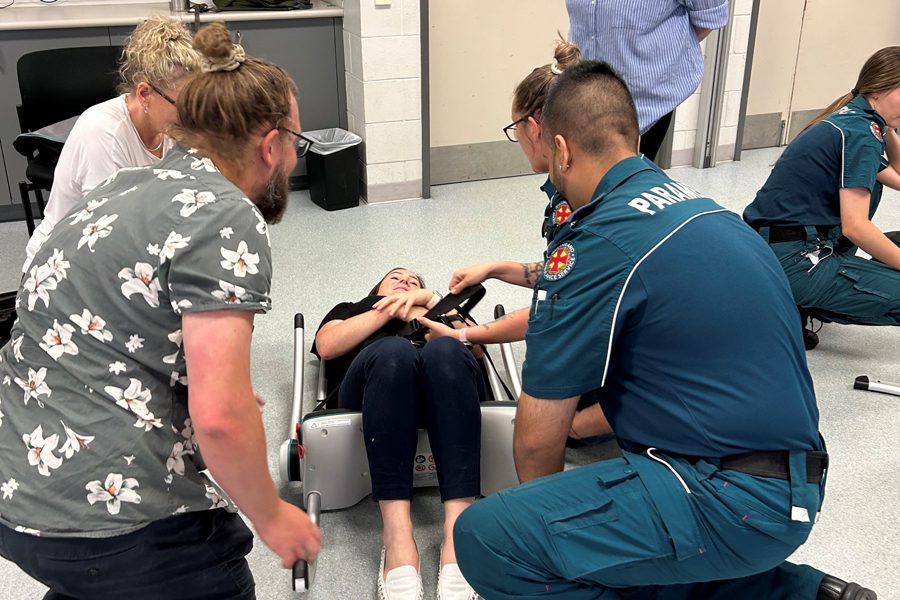
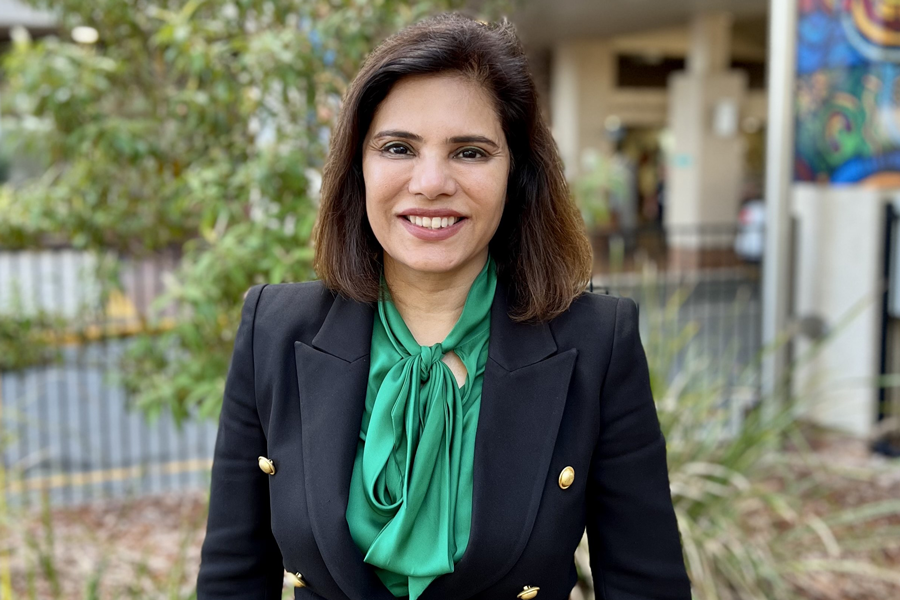
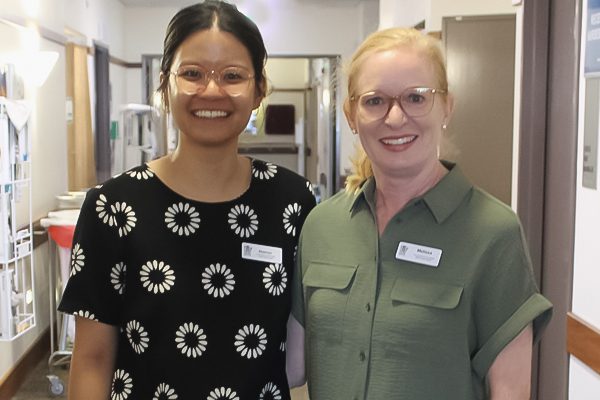
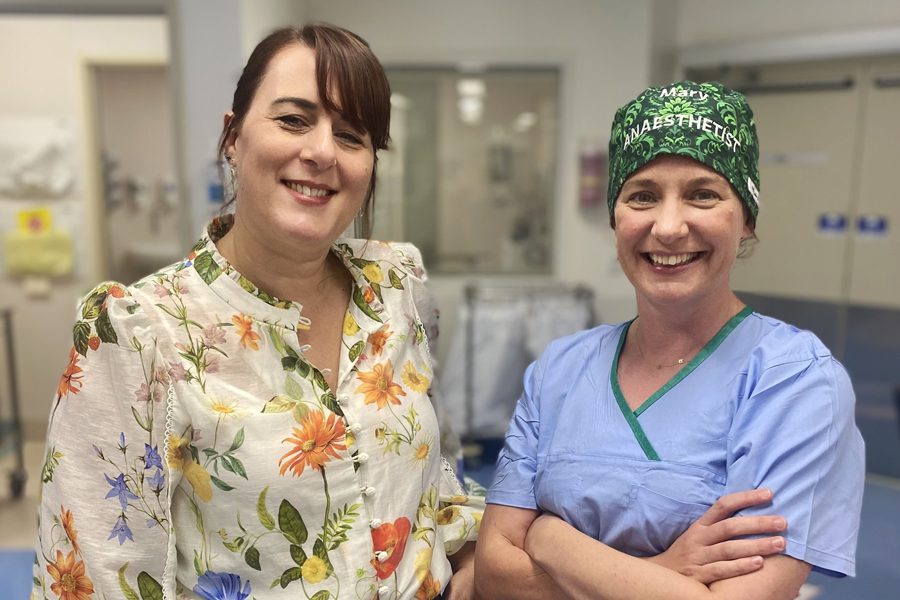
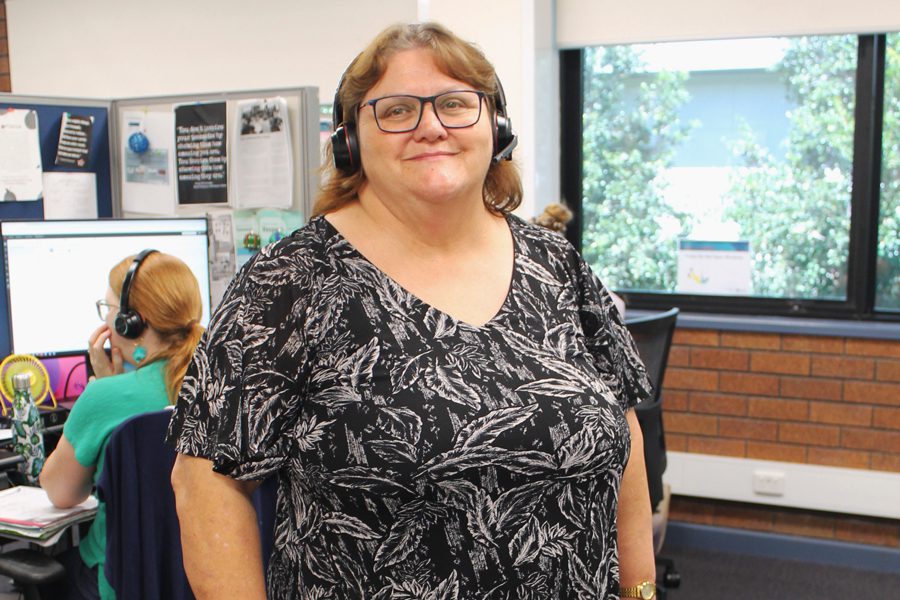
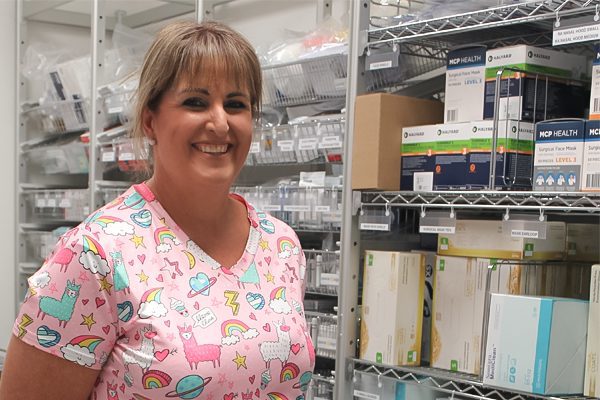
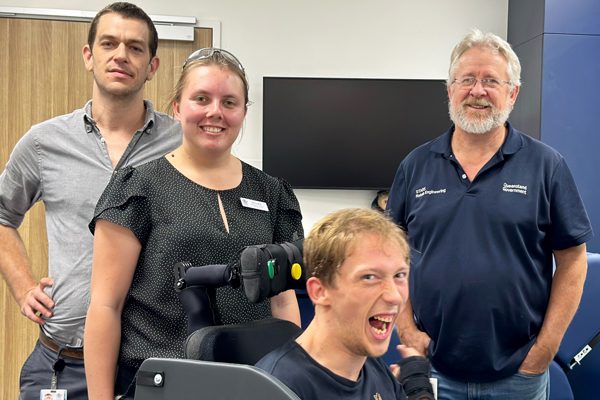
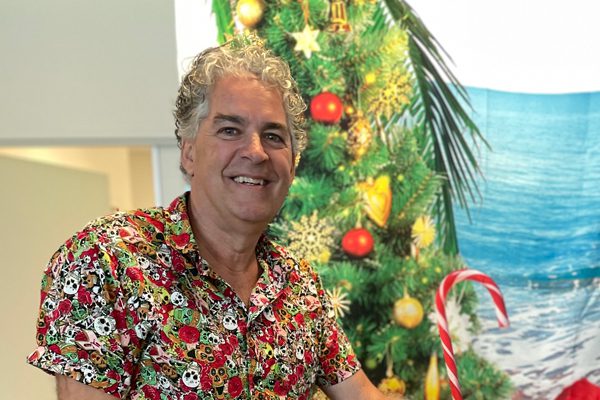
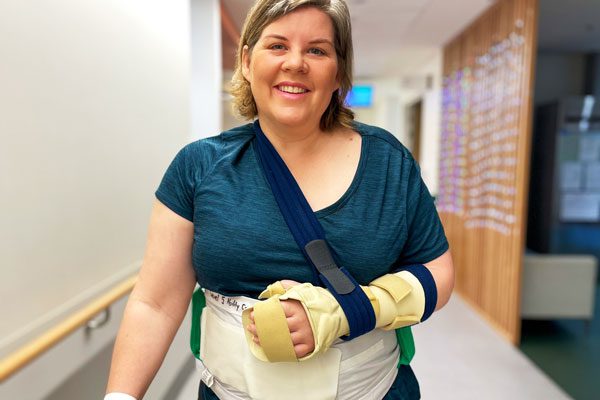
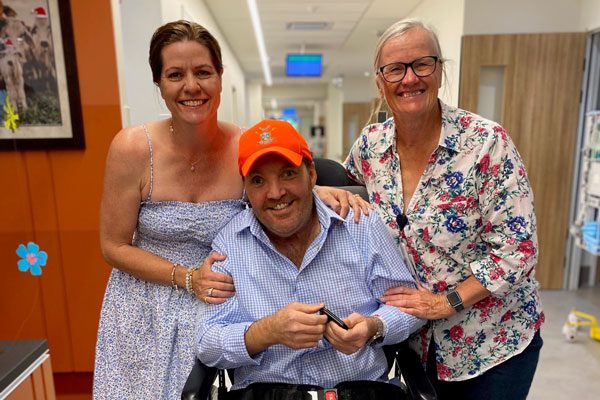
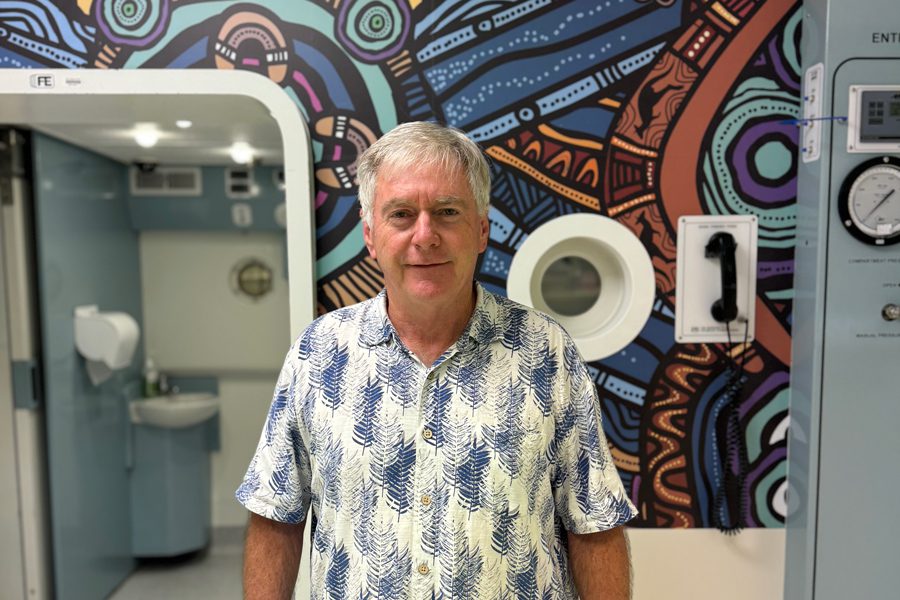
![Julie is the Director of Genetic Health Queensland, a state-wide service hosted by Metro North Health that provides diagnosis, assessment, counselling and management advice for people and families with a wide range of genetic conditions. 🧬
The tests, which are commonly done by blood test, extract the quality DNA and which is then sent to one or multiple labs depending on what condition is being tested for. A few tests are sent overseas, but over time, the hope is to do more testing in Australia.
The patient cohort is divided into two large clinical groups – cancer and non-cancer.
“There are lots of inherited cancers, and I suppose the most common ones of those would be breast, ovarian and bowel, Julie said.
“Then theres the rare tests for a patient with genetic or congenital abnormalities and chromosomal diagnosis.
The tests are evolving as we are discovering more conditions, which will inevitably bring huge relief to some families who are chasing answers. 💓
[Accessibility image description: Julie wears a red dress with butterflies on it, in front of genetic health Queensland signage.]](https://metronorth.health.qld.gov.au/wp-content/plugins/custom-facebook-feed-pro/assets/img/placeholder.png)
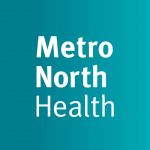
![Julie is the Director of Genetic Health Queensland, a state-wide service hosted by Metro North Health that provides diagnosis, assessment, counselling and management advice for people and families with a wide range of genetic conditions. 🧬
The tests, which are commonly done by blood test, extract the quality DNA and which is then sent to one or multiple labs depending on what condition is being tested for. A few tests are sent overseas, but over time, the hope is to do more testing in Australia.
The patient cohort is divided into two large clinical groups – cancer and non-cancer.
“There are lots of inherited cancers, and I suppose the most common ones of those would be breast, ovarian and bowel," Julie said.
“Then there's the rare tests for a patient with genetic or congenital abnormalities and chromosomal diagnosis.
"The tests are evolving as we are discovering more conditions, which will inevitably bring huge relief to some families who are chasing answers." 💓
[Accessibility image description: Julie wears a red dress with butterflies on it, in front of genetic health Queensland signage.]](https://metronorth.health.qld.gov.au/wp-content/plugins/instagram-feed-pro/img/placeholder.png)